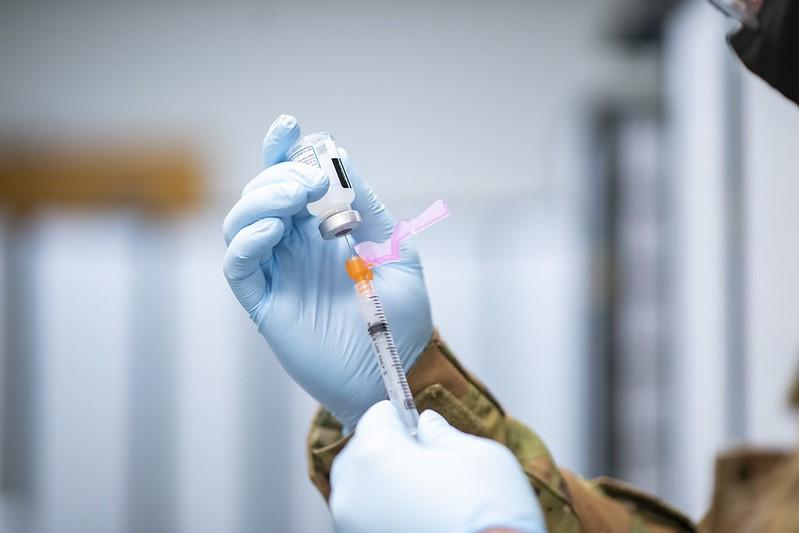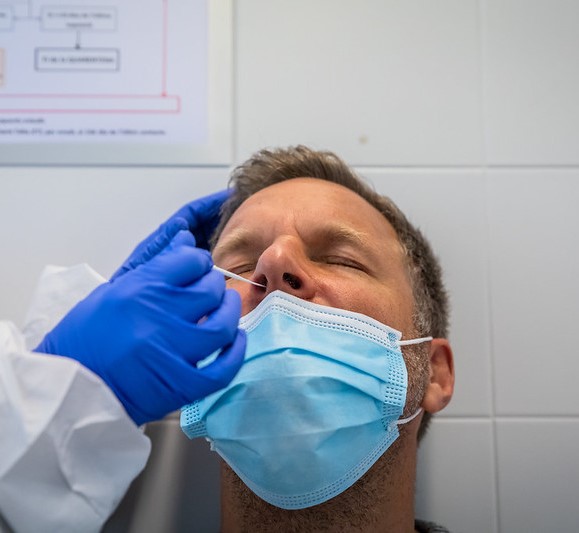
A 2023 survey of nearly 2,200 adults in Arizona who had received at least one COVID-19 vaccine dose shows that the most common reason for not receiving a bivalent (two-strain) booster dose was a previous infection, followed by concerns about vaccine side effects, safety, and effectiveness.
University of Arizona researchers surveyed 2,196 recipients of one or more COVID-19 vaccine doses from February 13 to March 29, 2023. The research was published this week in Vaccine.
The authors noted that, as of May 2023, less than 20% of eligible US adults had received a bivalent booster dose, which offers protection against both the wild-type and Omicron SARS-CoV-2 strains for people aged 6 months and older.
Concerns about booster safety, efficacy
Of the 2,196 participants, 74.5% had received a bivalent dose. The 559 respondents who didn't get a booster cited previous COVID-19 infection (39.5%), worries about vaccine side effects (31.5%), thinking that the booster wouldn't provide more protection than previous doses (28.6%), and concerns about booster safety (23.4%) and efficacy (23.1%).
The US Centers of Disease Control and Prevention says of bivalent vaccines, "The current evidence does not support the existence of a safety issue" and says serious side effects are rare.
Effectiveness of vaccines and boosters wane over time, making the development of and adherence to updated vaccine boosters a key public health strategy in protection from the worst SARS-CoV-2–related outcomes.
Participants aged 60 and older were less likely than younger respondents to cite reasons related to a lack of knowledge (odds ratio [OR], 0.24) or logistical concerns (OR, 0.09) about the booster.
Hispanic respondents were more likely than their non-Hispanic peers to indicate concerns about logistics (OR, 2.15), and those with some college or technical education were significantly more likely than college graduates to say that the risks and benefits of the bivalent vaccine were less clear than the reasons for not getting boosted (OR, 2.41).
"Effectiveness of vaccines and boosters wane over time, making the development of and adherence to updated vaccine boosters a key public health strategy in protection from the worst SARS-CoV-2–related outcomes," the researchers wrote. "Implementation remains among the biggest current public health challenges as updated boosters continue to be developed and made available to the public."














